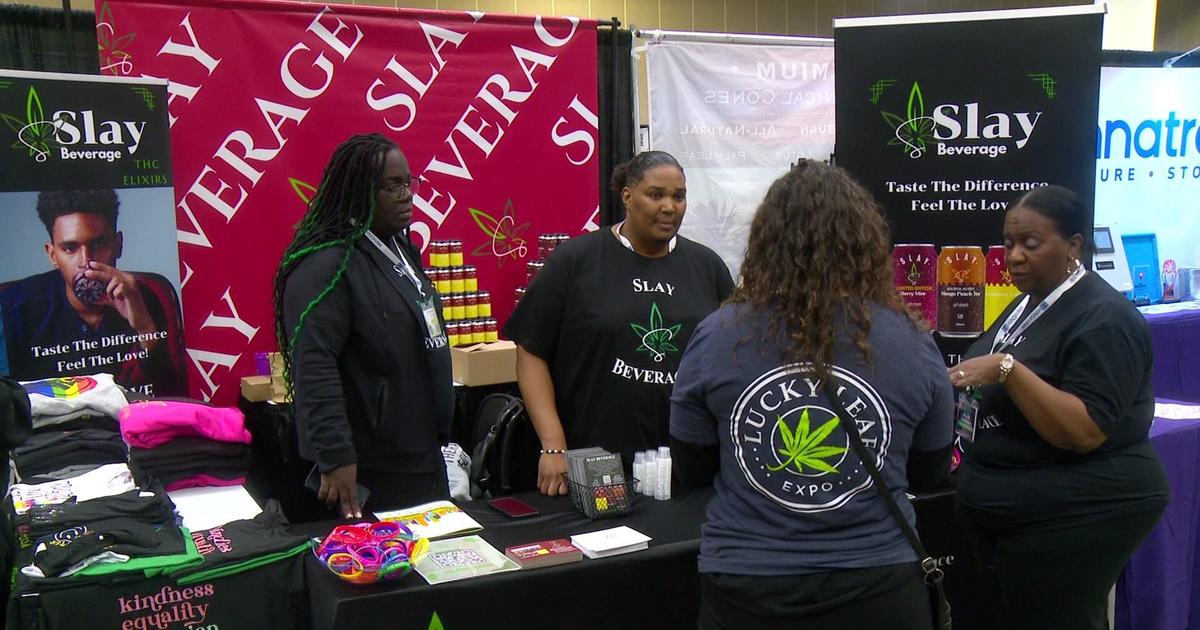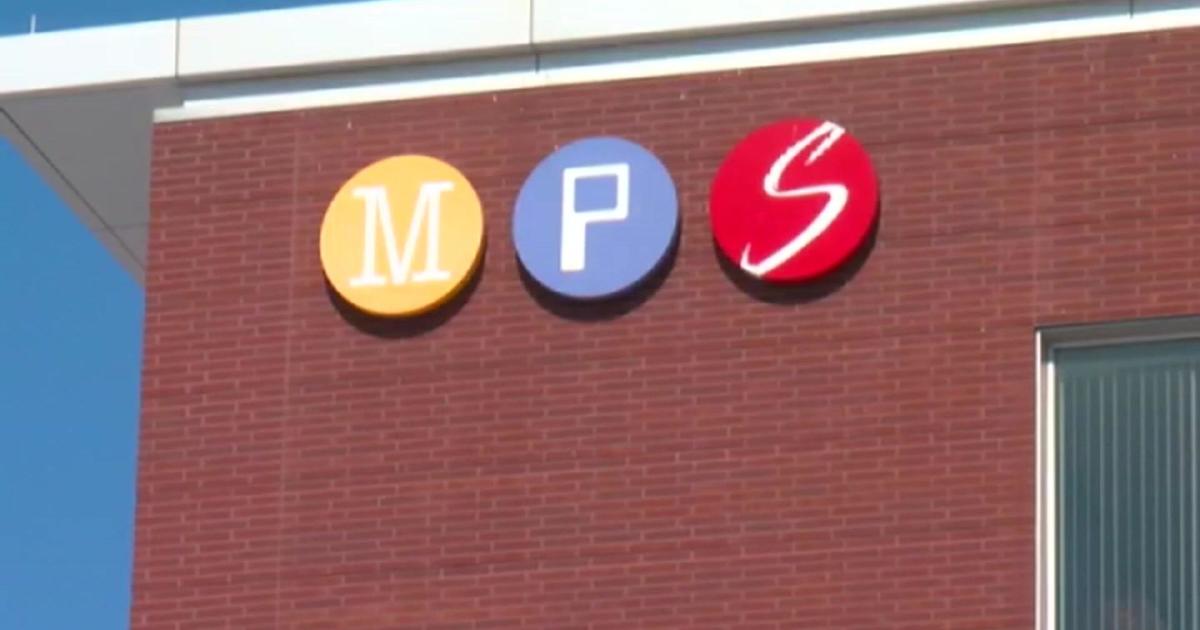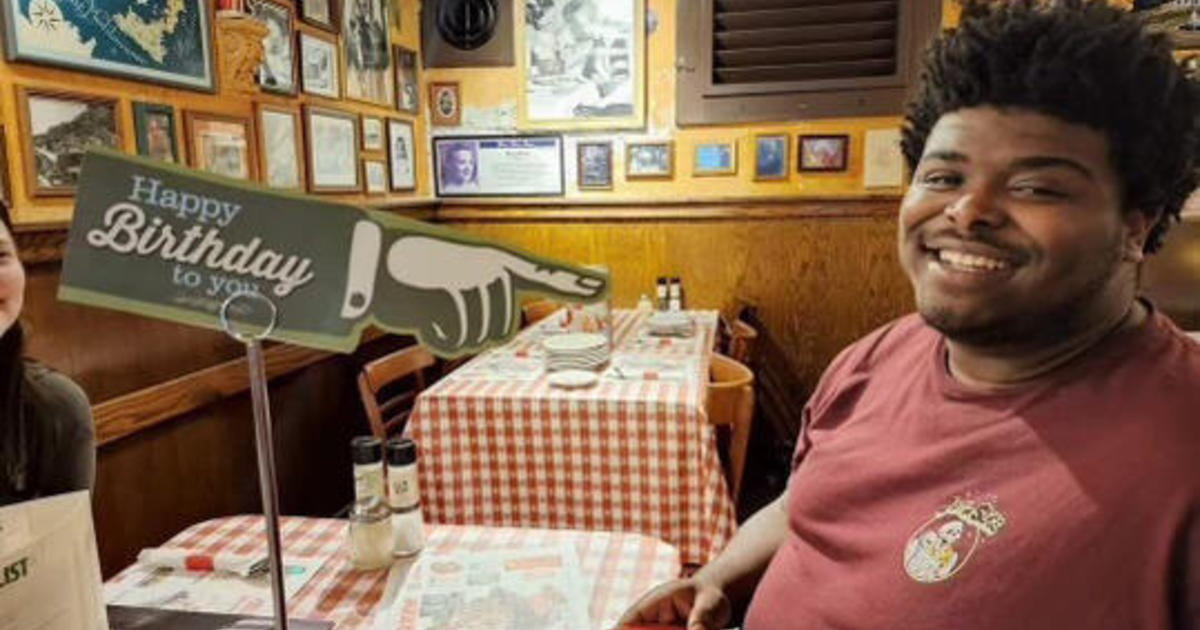Efforts being made to preserve old Maryland segregated, all-Black schoolhouses
BALTIMORE -- The keys to unlocking the doors of Black history may not rest in the pages of school history books, but rather in segregated schools made for Black children.
In the decades between emancipation and integration, Maryland was home to hundreds of segregated schoolhouses.
Nestled next to a horse farm in northeast Maryland is a two-story schoolhouse that sits just off Castleton Road.
"This is one of the early towns of Harford County," said Dr. Iris Leigh Barnes, the Hosanna School Executive Director.
Inside the schoolhouse is a time capsule.
"You come in here, you're transformed back in time," Barnes said.
The building dates back to the 1860s.
Hosanna School was built as a "Freedman's Bureau" schoolhouse, the first of four in Harford County.
"Parents would attend school with the students, and perhaps grandparents, who attended school with their children," Barnes said. "Imagine going to school with your mom and dad. We wouldn't think of that today."
Education that was once denied is now within reach.
"You cannot tell American history without all these nuances," Barnes said.
Photos of its final teachers are featured at the front of the class.
Hosanna closed in the 1940s. It now serves the community as a museum and event space, housing historic reminders and relics of the decades of separate, unequal schools.
Another Freedman's Bureau schoolhouse, the McComas Institute in Joppa, was built in 1867.
Hosanna Community House purchased it in 2017 to save it from a tax sale and preserve it.
Similar efforts are underway at other African American schoolhouses across the state.
"I remember this room being the first grade when I started in school," said Charles Givens.
Givens recalls that when he was 6 years old, it was 1951 at Elkton Colored School.
"The teacher's desk was basically in the middle of this room," Givens said.
Givens is now a town commissioner and part of a years-long effort to turn his old segregated schoolhouse from an eyesore to an attraction.
"That's what we hope this school, this museum, the cultural center become, a tourist attraction," said Pastor Ricardo Burns.
"Just because it looks broken today doesn't mean it will stay broken," said Rev. R. Kevin Brown, from Allen Chapel AME
Cecil County sold the property to the town in 2020 for a hefty sum.
"For $1," Brown said.
To jumpstart what will likely be a six-year process to turn this old Julius Rosenwald School into a museum, as well.
"There's a lot of people in Elkton right now who don't even know this building exists," Givens said. "There's a lot of people in Elkton who didn't know this was an all-Black school."
"The building is truly an artifact," said Dale Green, a Morgan State professor and project architect.
Green says many layers of the building will inform the restoration process.
"Seeking to preserve this place really sends a signal to the community that this place mattered and this place still matters," Green said.
Maryland had, at one point, more than 150 so-called "Rosenwald" schools, named after the philanthropist Julius Rosenwald, built in partnership with Booker T. Washington.
There were more than 5,000 throughout the American south during the Jim Crow era.
Many schools were shuttered or demolished after the Brown vs. Board of Education Supreme Court ruling in 1954.
"This was a forgotten school. It was a forgotten project," Brown said.
Now, it's forgotten no longer.
"This school initially started with 560 square feet of space, Brown said.
The now 15,000-square-foot facility will soon shine a light on a once-dark time.
"Just because we experienced a dark day on our history doesn't mean we have to stay there," Brown said. "So, it's important we share that history."
Green says, once complete, visitors will hear from those who attended Elkton Colored School.
There are at least five who still attend church nearby.
"Their oral histories will help us understand what happened in each of the spaces in the building," Green said.
"There's a story here that needs to be told," Givens said. "We came here. We were educated. We didn't have the best education, but for a few of us, for many of us, we were able to take what little we had and go out in life and make something of ourselves."
Hosanna is a symbol of what Elkton Colored School can be in a few years.
"This is how it was all over the country. It's such an important story to tell," Barnes said.
Hurricane Hazel had ripped its roof off in the 1950s, and it took decades to revive this remnant of a racist past.
"Make sure you bring your children so they can learn this history," Barnes said. "It's so important for the understanding of American history and who we are today."




